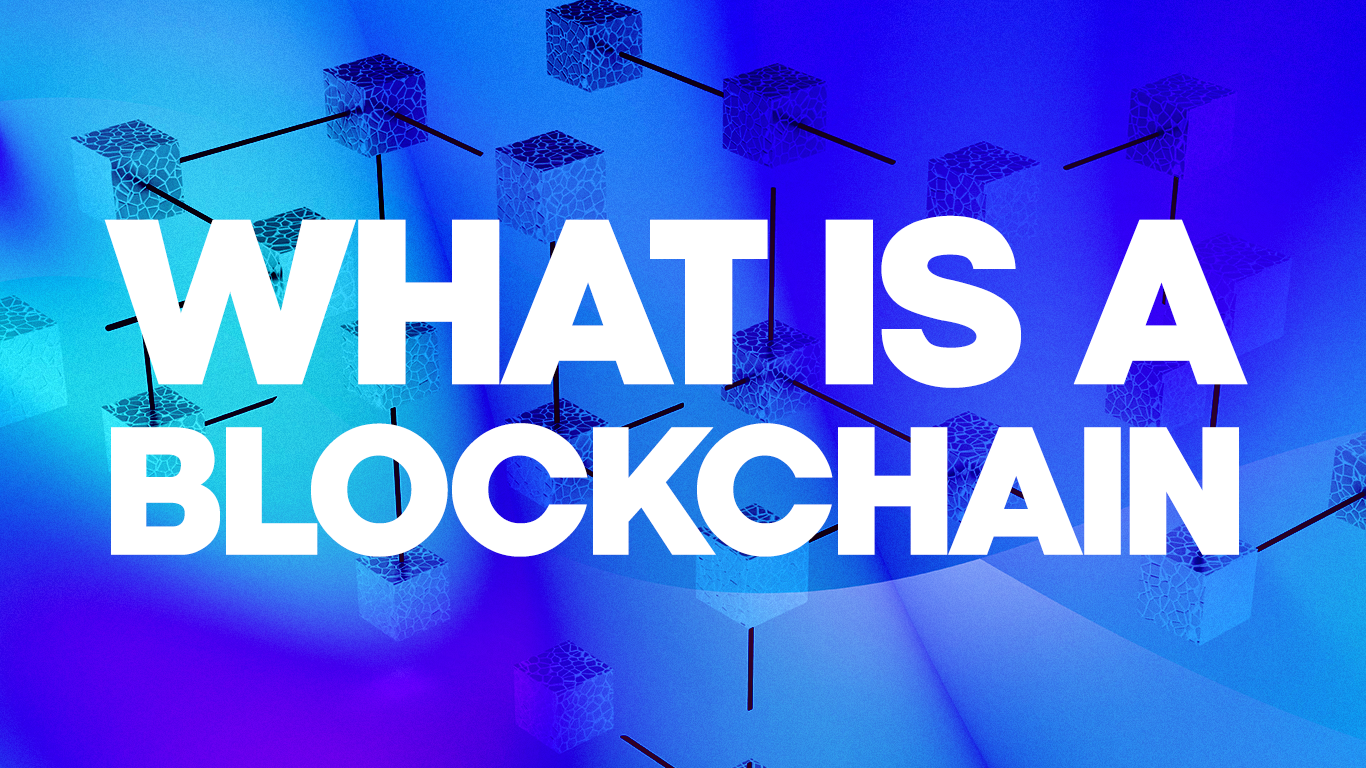Blockchains are platforms that serve as an impeccable medium for storing data. They are most popular for their application in cryptocurrencies, in which they provide crypto investors with benefits such as transparency, trust and data security.
However, it is worth noting that blockchains are far more than ledgers of cryptocurrency transactions. In recent years, various blockchain models have been developed to store other forms of data while maintaining the same intriguing features. Such data includes medical records, inventories, supply chains, etc.
Due to this growing application of blockchain, there is much curiosity and interest in the new technology. This guide is curated to provide extensive information on what blockchains are, their uses, and why they are needed.
What is a Blockchain?
A blockchain is a distributed ledger or database that is stored on several nodes forming a computer network. Due to this multiple storage system, blockchains are tamper-proof, meaning that any data logged into the system is completely secured from any loss or form of modification.
In blockchains, data is stored in groups known as blocks. Each new block is linked to the previously formed block, creating a string of data known as the blockchain. When a new block is added to a blockchain, it becomes a permanent record with a fixed timestamp.
However, before any data is logged into a blockchain platform, its authenticity must be verified by the nodes which form the network, ensuring that the blockchain records accurate data.
There are three types of blockchains based on their level of accessibility. These include private, public and hybrid blockchains.
- Public blockchains can be accessed by anyone on the globe, provided they have an internet connection. They are mainly used for cryptocurrencies and other web3 innovations.
- Private blockchains operate as closed systems accessible to authorized users only. This type of blockchain is common with organizations, companies and governments.
- Hybrid blockchains combine properties of the public and private blockchain, allowing anyone to access its data provided they obtain permission from the network.
The first blockchain was a public blockchain created in 2008 by an anonymous person or group of persons known as Satoshi Nakamoto. It was designed to serve as a transaction ledger for the premier cryptocurrency, Bitcoin. By integrating Bitcoin with blockchain technology, it became the first form of digital money suitable for transactions without the need for a central authority or trusted third party.
What Are Blockchains Used For?
Blockchains are primarily employed in maintaining records of cryptocurrency transactions. They are vital in facilitating the speedy and seamless transfer of these digital assets across the globe. Currently, there are over 10,000 cryptocurrencies that are powered by blockchain technology, including Bitcoin, Ethereum, Litecoin, Avalanche and so on.
Furthermore, blockchain serves as the basis for many inventions in the cryptocurrency sphere, such as smart contracts, decentralized finance, non-fungible tokens, metaverse, etc. These blockchain-based innovations have gained massive ground worldwide, exploding into multi-billion dollar industries.
That said, the applications of blockchain also extend beyond the cryptocurrency community. The following are some sectors in the real world with a growing application of blockchain:
Healthcare
There are hospitals and healthcare providers which utilize blockchain technology to keep a secure record of their patient’s medical history. When these medical records are logged into the blockchain, they become permanent and are immune to data loss or manipulation. Moreover, these records can be encoded with a private key, ensuring that only authorized persons can access the data within.
Supply chains
Several companies involved in the production of goods also employ the use of blockchains in monitoring their supply chains. Food production firms, for instance, utilize this technology to track their products’ journey and safety, starting from the farm to the manufacturing site, and then to the final consumers. This allows them to quickly identify and eradicate any point of contamination in the supply chain.
Banking and Finance
While many traditional banking institutions are skeptical of blockchains and their mode of operations, others have embraced the massive potential of this recent technology. For example, RippleNet is a blockchain-based payment system that serves over 300 financial institutions worldwide, facilitating cross-border transactions at high speed and low cost.
Government
Several governments utilize blockchain technology for different purposes, from keeping citizen records to implementing a better voting system. Some governments also employ blockchain and cryptocurrencies in delivering welfare stipends to their citizens or foreign aid to dilapidated countries.
To wrap up, other sectors of the world with an increasing level of blockchain applications include media and entertainment, gaming, politics, crowdfunding, travel and mobility, insurance, etc.
Why Are Blockchains Needed?
Blockchains are basically digital ledgers or databses stored on a network consisting of numerous computers. Due to this structure, there are some advantages a blockchain offers over a traditional database system. For example, any data stored on a blockchain is permanent and completely secure. This is because a blockchain’s data is available on multiple nodes rather than a centralized server, as is common with other databases.
Furthermore, blockchains are designed to ensure integrity among its users, as the network must verify every piece of data before it is logged into the database. Blockchain platforms are also transparent databases in which all network users are allowed to view all data available. For public blockchains, such data transparency is extended to everyone on the internet.
With a blockchain, transactions and data sharing are faster than with other database types. This is because there is little to zero need for human intervention in these operations. Thus, blockchains are usually suitable platforms for the settlement of cross-border transactions across the globe. In addition to speed, transactions made on a blockchain usually incur far lesser fees than in traditional financial settings.
Most Popular Blockchains
There are over 1,000 blockchains in the world with different designs and applications. Here are the most popular blockchains that people use today:
- Bitcoin: The first blockchain network ever created, and it serves as the underlying mechanism for the Bitcoin cryptocurrency.
- Ethereum: The first blockchain built with smart contract programmability. It is the most prominent platform for NFTs, DeFi, decentralized social networks, etc.
- Avalanche: Smart contract-platform designed to allow users to build decentralized applications and customized blockchains at low cost while providing a high level of scalability.
- BNB Smart Chain: A high-performance blockchain with a focus on smart contract operations. It is a product of Binance Labs, an extension of the Binance exchange.
- Polkadot: A platform built to connect blockchains together, allowing data and value to be transferred across diverse networks.
- IBM Blockchain: A cloud service platform that serves as a neutral terrain for operations of multi-institutional networks.
- R3 Corda: A private blockchain for regulated sectors such as banking, international trade and capital markets. It allows the secure movement of assets among several parties while maintaining regulatory compliance.
What’s the Future of Blockchains?
As the practical applications of blockchain continue to grow, extending into various sectors of human life, it is only a matter of time before there is a mainstream adoption level of this fascinating technology. When achieved, this would create a global system in which business and government operations are executed with accuracy, security, and transparency while ensuring a massive reduction in the required human capital. Due to these features, it can be said that blockchain technology has the potential to change the world as we know it. Many experts even believe it could be as impactful as the invention of the internet itself.
FAQs
What is a blockchain?
A blockchain is a distributed digital database that is stored on multiple nodes forming a computer network. Blockchains are commonly used for recording cryptocurrency transactions.
What is the difference between a public blockchain and a private blockchain?
Public blockchains are decentralized and permissionless platforms that allow anyone with an internet connection to become a part of the network. On the other hand, private blockchains are centralized and restricted platforms in which only authorized individuals can join the network.
Are blockchains hackable?
By design, blockchain networks ensures data cannot be modified, tampered or lost. However, it does not mean a blockchain platform is completely immune to all cyber attacks.








